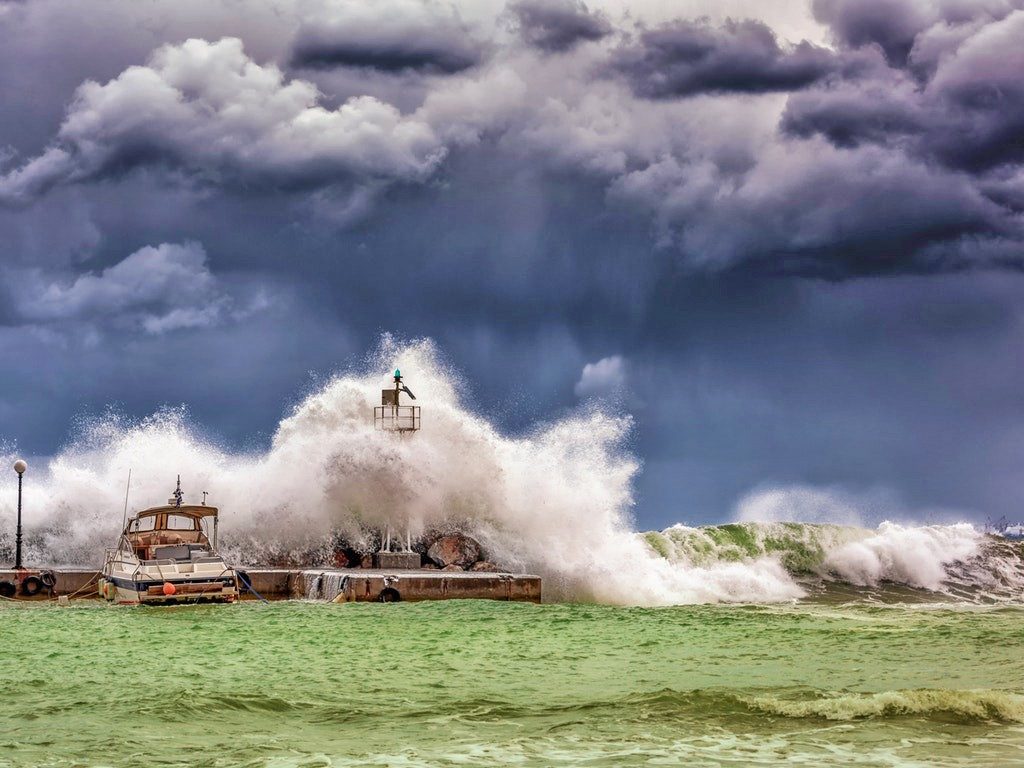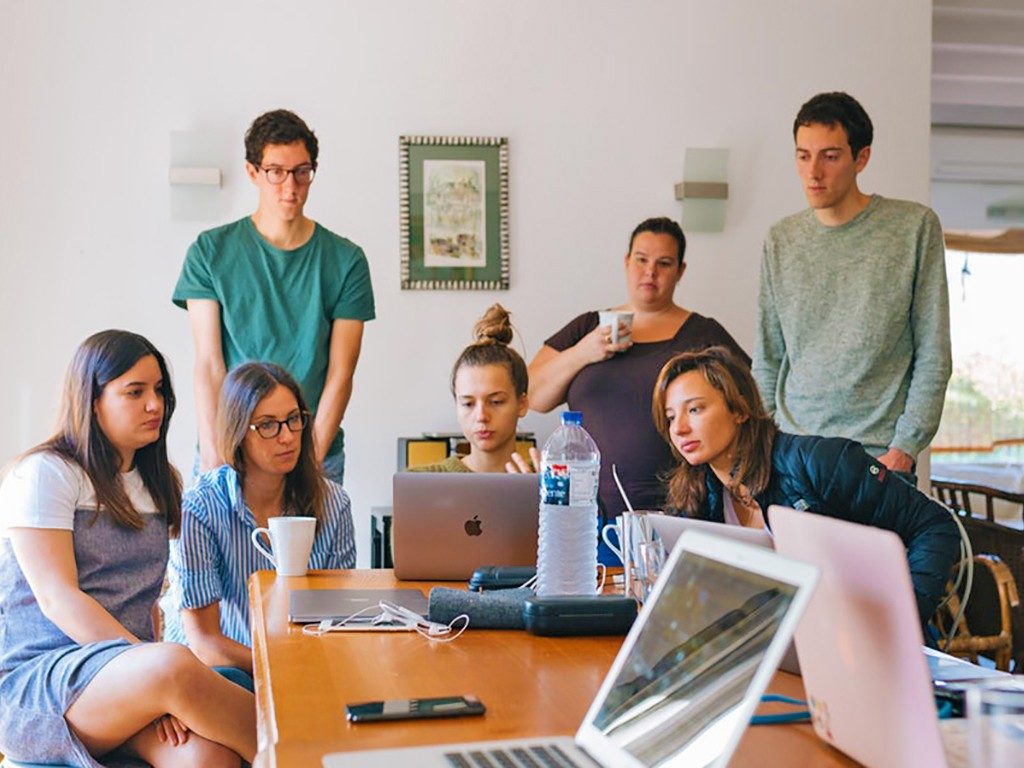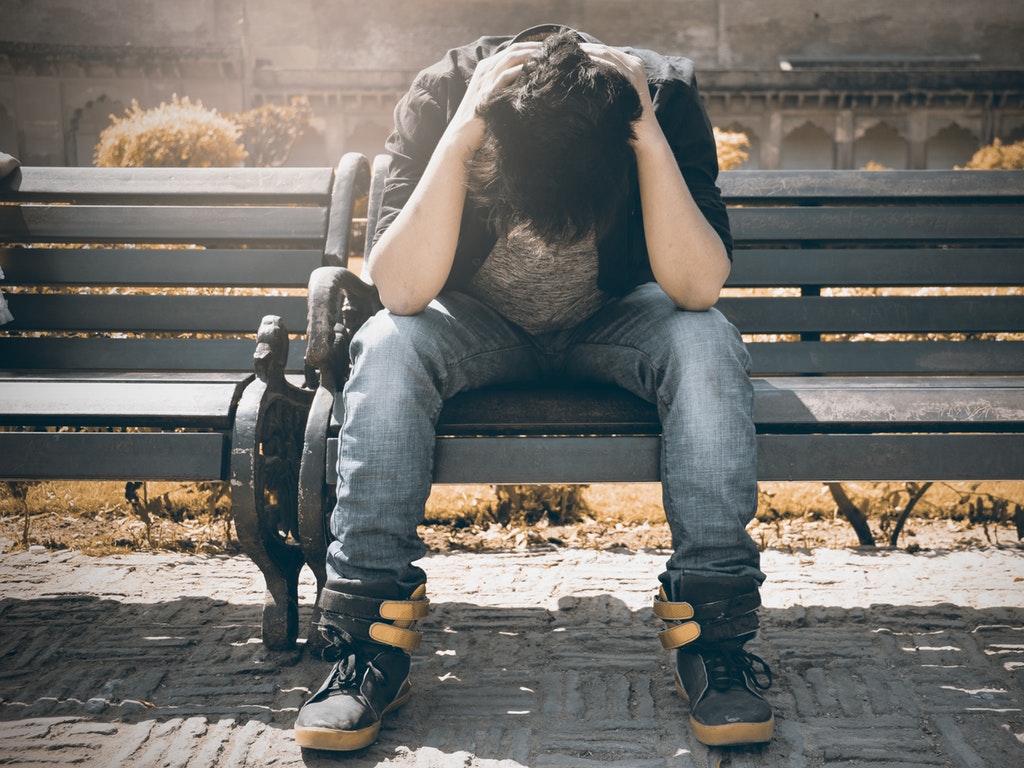5 Mins Read
You might recall the harrowing image of an emaciated polar bear in the Canadian Arctic Archipelago taken by wildlife photographer Paul Nicklenthat and published in National Geographic back in 2017. It was tragic, disturbing and very controversial. When I saw that image, it haunted me for months. The harsh reality highlighting a painful truth unfolding before my very eyes left me rattled – if this catastrophe was happening here and now, what else could happen in the near future? My thoughts went into a downward spiral as I began to picture global famine, drought, and mass plant & aninmal extinction scenarios. I distinctly remember feeling so sad and overwhelmed with grief. What could I, a single person, do about it?
I was “green with worry” and turns out, I’m not alone. Eco-anxiety, as it is known, is a fairly recent psychological condition affecting a growing number of people who are more than just “regular” worried about the negative effects of climate change and other environmental concerns facing our planet- in fact, their worry causes them to experience abnormal levels of stress and anxiety. As headlines report more dire truths, eco-anxiety will no doubt continue to garner more widespread attention, especially as more of us becomes hyper aware of the impact we are having on our environment and planet. Below, we break down what eco-anxiety is and how to deal with it.

What Is Eco-Anxiety?
Eco-Anxiety as a term first appeared in the media over ten years ago, when eco-conscious scientists and analysts feared that their research would cause concerned residents to feel insurmountable guilt from environmental news coverage. Categorised as a ‘state of heightened anxiousness;, people who suffer from eco-anxiety have a specific sort of worry: a singular focus on environmental destruction. While it is not yet an official point of reference in the American Psychiatric Association’s Diagnostic and Statistical Manual of Mental Disorders (otherwise known as the DSM-5), the American Psychological Association did produce a lengthy report in 2017 on Mental Health and Our Changing Climate that highlighted the impact that climate change can have on the human psyche. Co-authored by the environmental organisations Climate for Health and ecoAmerica, the review spoke of “gradual, long-term changes in climate, [from which] can also surface a number of different emotions, including fear, anger, feelings of powerlessness, or exhaustion.”
How Does Eco-Anxiety Affect You?
Brought on by news of the devastating effects of climate change such as floods, wildfires, heatwaves and the like, the condition leaves eco-anxious individuals to stress out, lose sleep, lose their appetite and even endure panic attacks. According to the APA’s review, eco-anxiety can “induce stress, depression and anxiety; strain social and community relationships; and has been linked to increases in aggression, violence and crime.” Perpetual fear from this psycho-environmental strain can even lead to a decline in longterm physical health and even disease.

Who Does Eco-Anxiety Affect?
Baby Boomers and Gen Xers may recall a time before climate change dominated the newsfeed (heck they can hark back to a time before there was a newsfeed), but for their kids and grandkids, there is no escaping it. Entire generations have now grown up witnessing our shrinking biodiversity, global warming warnings, and the endless plastic waste polluting our oceans and destroying marine life on a recurring cycle, and it has left them feeling powerless and uncertain about how to deal with the current state of the planet. This can explain why eco-anxiety is especially high among millennials; they are acutely aware of the links between human actions and the degrading environment. They are also informed about the relationship between humans rights and the environment.A healthy environment is the foundation to fully enjoy your inalienable rights to life, health, food and water. The APA report cited one particular extreme case where “a teenage boy in Australia saw the effects of drought where he lived and to avoid contributing to it, he refused to drink water.” According to Dr. Robert Gifford, professor of Psychology and Environmental Studies at the University of Victoria, “That’s kind of the poster child, if you will, for extreme eco-anxiety.”

How Can You Deal With Eco-Anxiety?
Though our planet’s resources are in rapid decline, it’s important not to lose heart or hope. There is always a flip side to any situation and the beauty of human grit is that with our perseverance and passion, we can help change course. We have an astounding collective of people pushing the narrative of climate change forward in a positive way. Across the world, individuals, organizations and communities are rising to the challenge by developing bold new ideas or setting a precedent for plastic-free agendas. Foodtech companies like Beyond Meat and Impossible Foods are creating solutions to fight the biggest environmental issues of our time like the effects of our dietary choices when it comes to climate change. In our fair city, we have amazing startups – big and small – pushing against the status quo and driving sustainable, ciruclar and zero waste initiatives.
One of the best ways to fight against feelings of eco-anxiety is to take action. Volunteer for an NGO, join a beach cleanup, commit to life without single-use plastics, start living a low-waste lifestyle, go Green Monday, buy secondhand clothes/books/furniture/toys. Follow the 5 R’s and choose products that don’t pollute our waterways with toxins. Try these great tips and suggestions on how to cope. Educate yourself so you can help others understand the importance and value of our natural resources because protecting our planet starts with you. And remember, you are not alone. We humans are all in this together.
Images courtesy of Pexels




